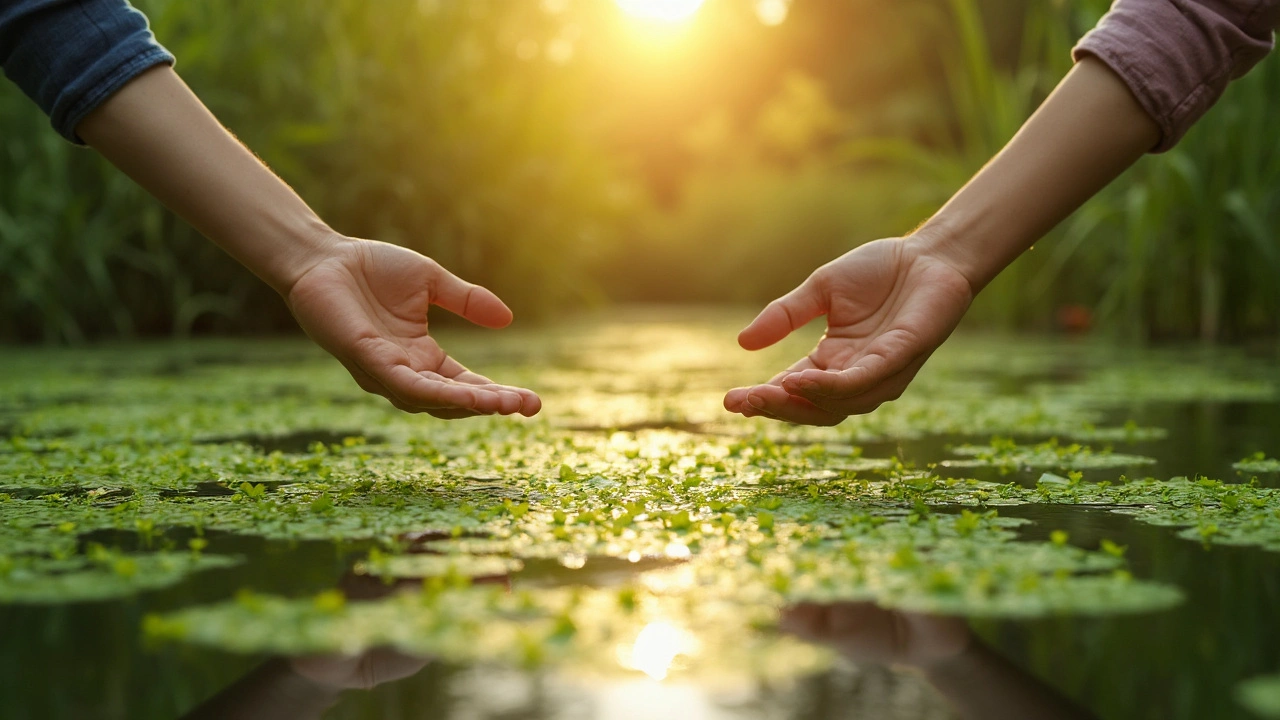All About Duckweed: Nature's Tiny Wonder Plant
Ever heard of duckweed? It’s a small floating plant that covers ponds and lakes, but it’s more than just pond scum. Duckweed plays a big role in cleaning water, feeding animals, and even helping farmers. Let's break down why this little plant deserves your attention.
What Is Duckweed and Where Does It Grow?
Duckweed is a super small aquatic plant that floats on still water. You’ll find it on ponds, lakes, and slow streams almost everywhere in the world. Its size ranges from just a millimeter to a few millimeters across, but it grows fast and can form thick green mats.
Because it floats, it acts like a natural shield, stopping sunlight from reaching algae below. This helps control unwanted algae blooms that can harm water quality and fish.
Why Duckweed is Useful: From Water Cleaning to Farming
Here’s the cool part: duckweed is a natural water purifier. It soaks up excess nutrients like nitrogen and phosphorus, which usually cause pollution and algae growth. By doing this, it keeps water cleaner without chemicals.
Farmers use duckweed too. It grows quickly and is packed with protein, making it a great food source for fish, ducks, and livestock. Plus, it can be harvested as a sustainable plant feed, cutting down on expensive and less eco-friendly options.
Scientists even explore duckweed as a way to produce biofuel and clean energy. Its fast growth and simple care make it a strong candidate for future green technologies.
So next time you see a green patch on a pond, think twice—there’s more to duckweed than meets the eye. It’s a small plant pulling big weight in nature and farming.

